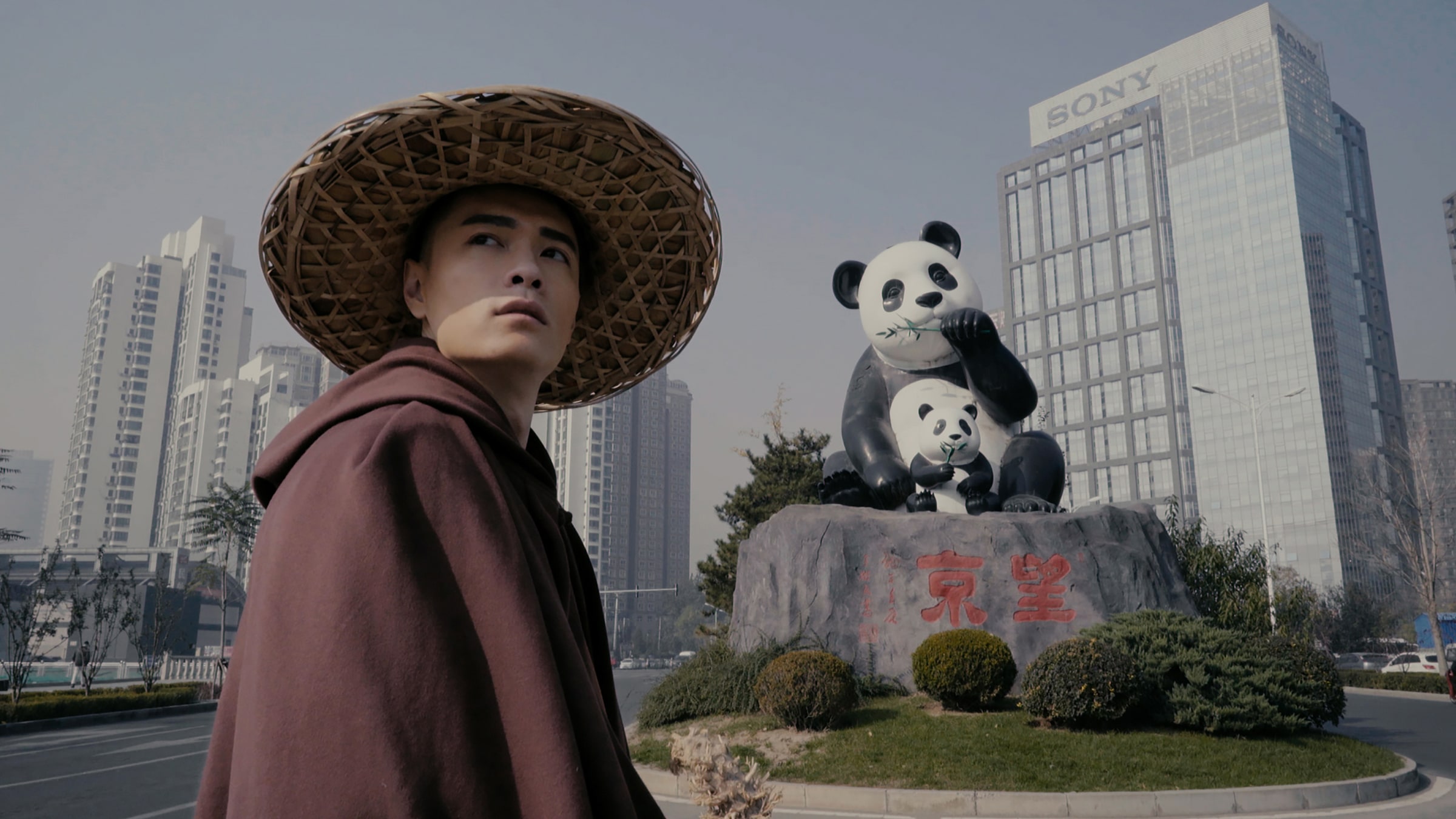Talk
February 20, 2019 / 18:30
Prof. Dr. Kaan H. Ökten, lecturer at the Department of Philosophy, Mimar Sinan Fine Art University will take an “inside look” at the existential perspectives of time and explore the domains and possibilities of being in his talk as part of The Time Needs Changing exhibition.
“Through history, time has been interpreted and described in a multitude of ways. The notion itself—that time is historical—is an example. Time has been described as change, flow, end, completion, creation, cycle, illusion, or potential. However, in doing so, the interpreter tries to understand time by looking from the outside in—and even objectifying it. An interpretation of time through the perspective of existence, however, results in different explanations, as this time, the interpreter contemplates the concept from the inside. The question asked becomes “what is time for the individual?”, and tackles phenomena like the temporality, incompleteness, and finiteness of existence. How do the fleeting nature of life, the inalienable nature of being, and the free, yet dependent nature of mankind affect our temporal existence in the world?”
The Time Needs Changing exhibition’s event series will continue on February 28 with Şeref Erol’s talk titled “Analytic Perspectives on Time as a Form.”
About Kaan H. Ökten
Kaan H. Ökten was born in 1969. He attended the Istanbul University. From 1996 to 1967, he studied Heidegger and Kant at the Göttinggen University under a DAAD scholarship. He completed his doctorate at the Istanbul University in 2001 with a thesis on Kant’s perspective on peace. He joined the faculty member of Maltepe University, İstanbul Bilgi University, Bahçeşehir University ve Kemerburgaz (Altınbaş) University, and later on served as dean and vice chancellor. He is currently a professor of philosophy at Mimar Sinan Fine Art University.
Ökten’s works include a translation of Martin Heidegger’s magnum opus Being and Time (2018), Being and Time: A Reading Guide (2019), Introduction to Heidegger (2012), Book of Death (2010), Aristotle (2007), Existing in Limbo (2006), The Book of Heidegger (2004) and Heidegger and University (2002).
The event will take place at the Pera Museum Auditorium. Free of admissions; drop in. Places are limited; no reservations. The talk will be in Turkish.
Raqs Media Collective
Escapement*, 2009
27 clocks, high glass aluminum with LED lights
Dimensions variable
Installation at the Frith Street Gallery
© The artist and the Frith Street Gallery, London. Used with permission.
*Escapement is a component in mechanical clocks and also a play on words on “escape”.
Temporary Exhibition
The Time Needs Changing exhibition questioned our geo-politically controlled notions of time. The three artists in this show gave alternatives to linear time, which is currently strictly enforced by the power structures under which we live.
Click for more information about the exhibition.

Tuesday - Saturday 10:00 - 19:00
Friday 10:00 - 22:00
Sunday 12:00 - 18:00
The museum is closed on Mondays.
On Wednesdays, the students can
visit the museum free of admission.
Full ticket: 300 TL
Discounted: 150 TL
Groups: 200 TL (minimum 10 people)